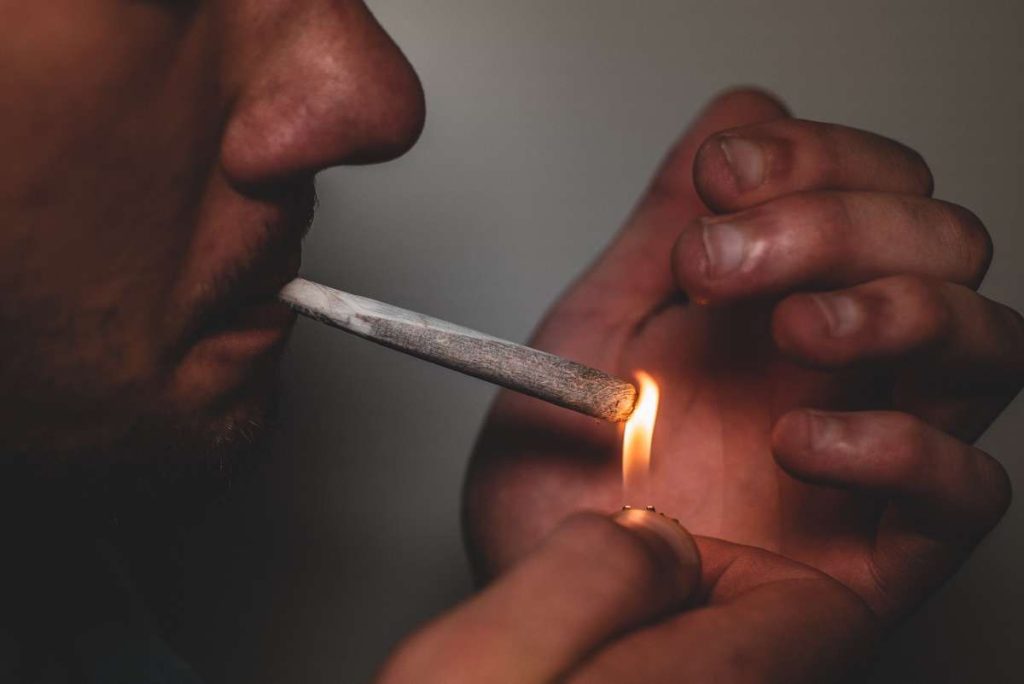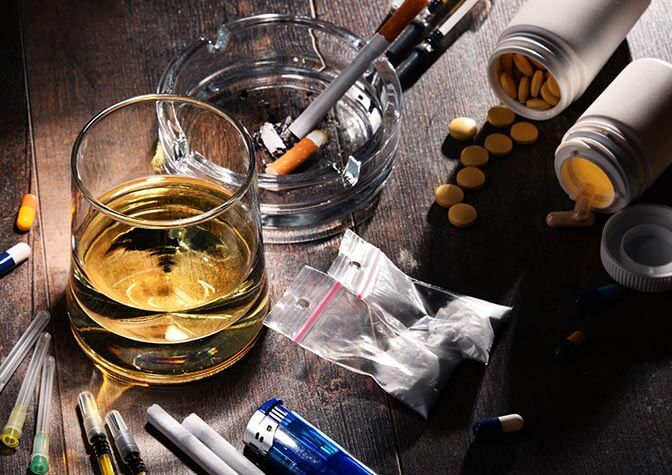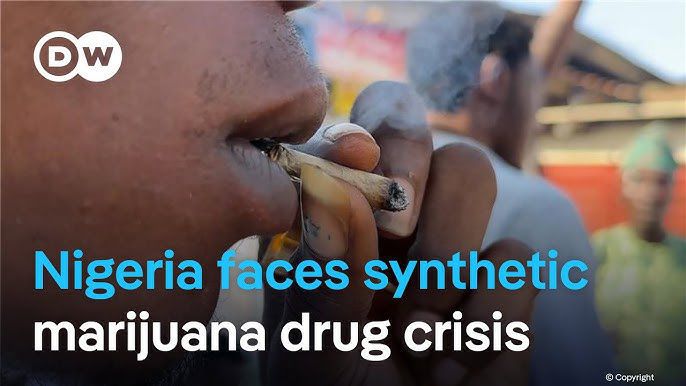
Behind the thick bushes near Biraidu Community Secondary School in Abocho, Kogi State, shadows moved. Not birds or wind, but boys. Teenagers, laughing low and puffing smoke. Among them was Samson Ocholi. He was 19 and already deeply trapped.
What makes Ocholi’s story gripping is not just the drugs or the downfall. It’s the contrast. He didn’t come from a broken home or a godless background. He was raised on Scripture, fed on Sunday school stories, and served diligently in The Boys’ Brigade. “I knew the right path,” Ocholi says now. “But I walked away.”
It started innocently, cigarettes at 14, just to belong. Then came marijuana. Then tramadol. Codeine. Rohypnol. “Each drug was a doorway to another,” he recalls. What followed was a near-decade of chaos.
Ocholi’s experience mirrors a bigger crisis unfolding across Nigeria. According to a National Drug Law Enforcement Agency (NDLEA) survey, about 14 million Nigerians between ages 15 and 64 are battling drug abuse. Nearly 1 in 7 high school students in Lagos State have experimented with drugs and about half of them are current users.

Governor Babajide Sanwo-Olu once called it a “malignant cancer.” And indeed, it’s spreading not just on street corners but in homes, schools, and behind the polished doors of pharmacies. The synthetic strain of marijuana known as Colorado nicknamed colos is cheap, addictive, and disturbingly easy to find. It’s sold casually in clubs, shops, even chemist stores, with dealers barely blinking at law enforcement.
And it’s not just local substances. A 2025 undercover documentary by BBC Africa Eye exposed how Aveo Pharmaceuticals, an Indian company, was smuggling opioids like tapentadol into Nigeria illegally. Their executive admitted, caught on camera, that the drugs were “dangerous” but profits, not ethics, were his concern.
But what happens after the high? After the daze fades?
For Ocholi, it was a night of reckoning in 2016. A local drug dealer called him a fool. That word pierced deeper than any drug ever could. “It broke me,” he says. “That night, I cried out to God. I said, ‘Lord, I’m tired. This thing is killing me. Please rescue me.’”
That moment of brokenness became the seed of something powerful.
Today, Samson Ocholi is 42 and leading a quiet revolution in Abuja. He runs Right Mind Homes, a ministry and recovery community for those seeking to break free from addiction. Launched in 2021, it doesn’t just offer shelter, it offers discipleship, dignity, and direction.
The men who come to Right Mind Homes aren’t just given clean clothes and food. They’re given a chance to encounter God. The day begins with devotions. Chess and Scrabble sharpen the mind. Badminton gets the body moving again. Most importantly, they are surrounded by a brotherhood anchored in Scripture and grace.
“These men aren’t just drug users,” Ocholi says. “They’re sons, fathers, ministers in the making. They’re just tired. The same way I was tired. They’re looking for a lifeline and that lifeline is Jesus.”
Yet, the work is tough. Society still treats addiction like a criminal stain or, at best, a mental condition. Few recognize the spiritual chains behind it. “It’s deeper than a brain disease,” Ocholi explains. “Addiction is a kind of worship. You’re bowing to something destructive something that hurts you and your family, and you still won’t stop. That’s bondage.”
And it’s that bondage that Jesus came to break.
So many young Nigerians are caught between culture, curiosity, and crisis. But Ocholi’s life is proof that no one is too far gone. He’s not just preaching change he is living proof of it.
From behind a bush in Abocho to building a safe house in Abuja, his story shows what can happen when grace finds a broken man, and that man chooses to surrender.





